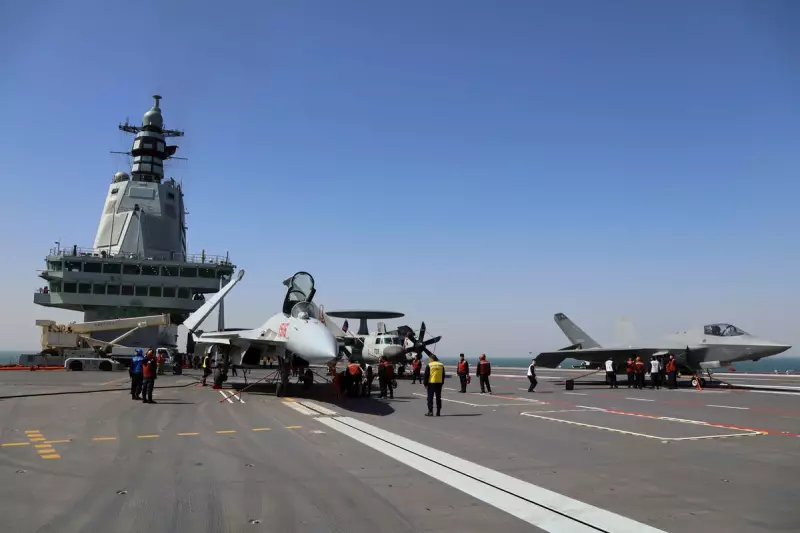
In a significant diplomatic address, Chinese President Xi Jinping has outlined Beijing's ambitious strategy to strengthen ties with developing nations across Asia, Africa, and Latin America, marking a clear pivot in China's foreign policy orientation.
A New Diplomatic Front Emerges
Speaking through China's official Xinhua news agency, President Xi emphasised that Beijing is actively "forging an alliance" with what he termed the "Global South." This strategic move appears designed to counterbalance Western influence while positioning China as the leading voice for developing economies.
"The world's future depends on the collective rise of developing countries," Xi declared, framing China's approach as building a more "equitable international order" that challenges traditional Western dominance.
Veiled Criticism of Western Powers
The Chinese leader's remarks contained pointed, though indirect, criticism of the United States and other Western nations. Xi condemned what he described as "external interference" in regional affairs and opposition to "legitimate security cooperation" between nations.
This language appears to reference Western concerns about China's growing military and economic partnerships across the developing world, particularly initiatives that have raised eyebrows in Washington and European capitals.
India: A Complex Neighbourhood Relationship
Interestingly, Xi's address also touched upon China's relationship with India, acknowledging the neighbouring giant as a crucial partner among developing nations. This comes despite ongoing border tensions and strategic competition between the two Asian powers.
"China and India, as two major developing countries, should work together to uphold the common interests of the Global South," Xi stated, suggesting a pragmatic approach to managing complex bilateral relations while pursuing broader strategic objectives.
Geopolitical Implications
Analysts view Xi's pronouncement as signalling several key strategic priorities:
- Reduced dependence on Western markets amid ongoing trade tensions
- Expansion of China's political influence through South-South cooperation
- Creation of alternative governance models that challenge Western liberal democracy
- Strengthening of economic partnerships through initiatives like the Belt and Road
This diplomatic offensive comes as China faces increasing scrutiny from Western nations over its human rights record, trade practices, and strategic ambitions in the Indo-Pacific region.
The Road Ahead
President Xi's comments suggest Beijing is preparing for prolonged strategic competition with Western powers while simultaneously working to consolidate its leadership position among developing nations. This dual-track approach could redefine global alliances and challenge the existing international order in the years ahead.
As China continues to navigate complex relations with both the United States and neighbouring India, its success in rallying the "Global South" may prove decisive in determining the balance of power in the 21st century.





